Five issues which shaped the Middle East in 2016
- Published
The past 12 months have marked another restive year for the Middle East, with wars raging, populations suffering and militancy on the rampage. Here the BBC's Middle East editor, Jeremy Bowen, highlights five issues which helped shaped the region in 2016.

So-called Islamic State
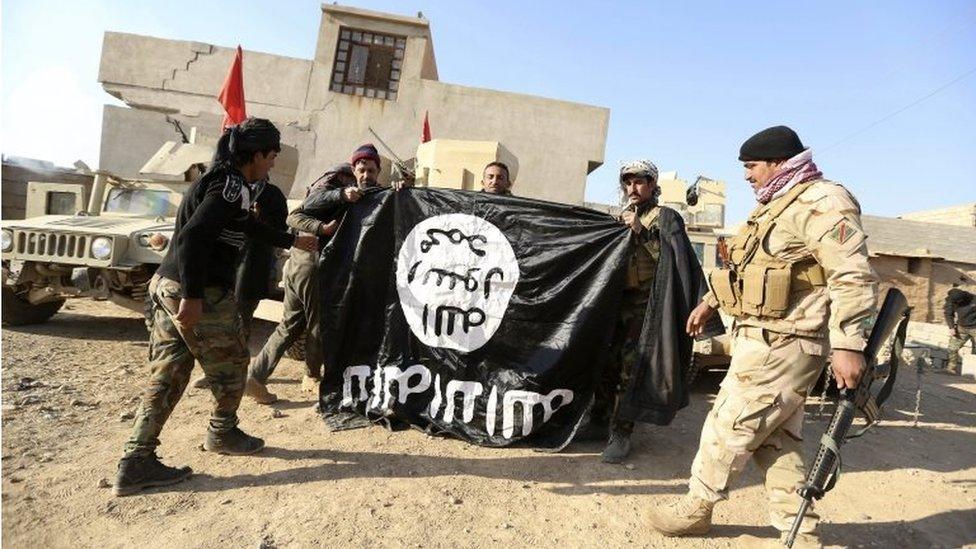
Some hoped that 2016 would be the beginning of the end for the jihadists of so-called Islamic State (IS). That might become one of the stories of 2017. But those who predicted that IS would fall easily were optimistic.
The Iraqi government offensive to re-capture Mosul, Iraq's second-largest city, has stalled. In house-to-house fighting, the Golden Brigade, which was trained by the US military, has suffered a 50% casualty rate, according to the Americans, though this figure is denied by Iraqi military personnel in Baghdad.
The Golden Brigade is part of the Iraqi government's elite Counter Terrorism Service (CTS), which has been bearing the brunt of the fight against IS.
In early December combat operations in Mosul were slowed down, because the level of casualties meant that the CTS risked running out of trained men.
The Iraqi Security Forces have said they will concentrate more on artillery and air operations but that will kill more civilians, which could play into the hands of IS.

Aleppo
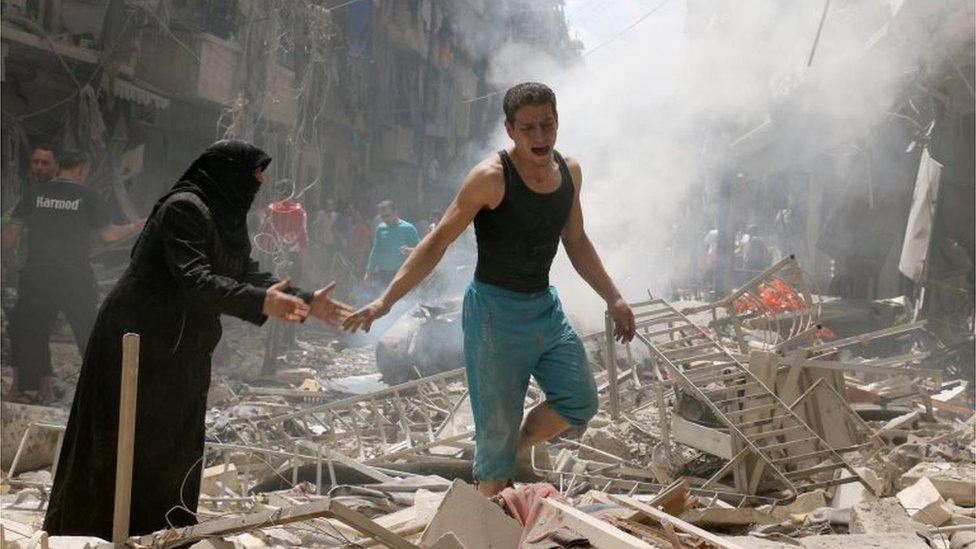
By the end of the year the battle for Aleppo had been won decisively by a coalition made up of the Syrian state, Russia, Iran, Lebanese Hezbollah and a variety of other militias.
It did not mean the end of the war but it was another sign that the war in Syria was entering a new phase.
More than ever, it was much more than a fight between the government and those who wanted to destroy it.
Increasingly the war is dominated by the agendas of the major powers that have intervened in the Syrian war. One example that affected matters in Aleppo was Turkey's decision to make a priority of its fight with the Kurds.
That meant it needed better relations with the Russians, which meant looking away in Aleppo as Russia led the charge against its erstwhile clients, in return for Russian acquiescence in Turkey's actions in northern Syria.
In 2017, unless the new ceasefire holds and gives way to meaningful peace talks, more Syrians will die and the war will continue to export crisis, violence and uncertainty.

Yemen
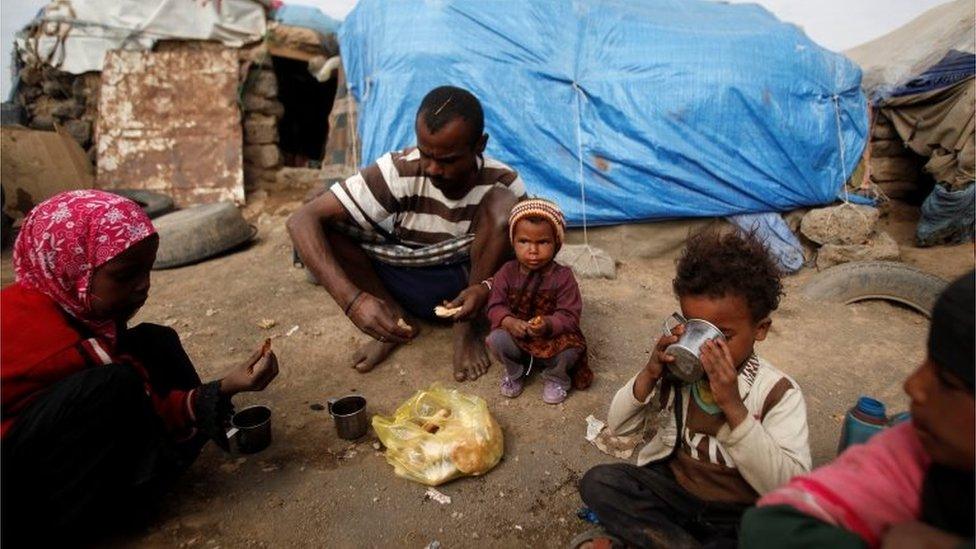
Years of war, corruption and under-development weakened Yemen before the war between the Houthis and a Saudi-led coalition pushed it into catastrophe.
Figures are not precise but one estimate is that 10,000 have been killed in the war and 37,000 wounded. Many are civilians.
According to the UNHCR, the UN's refugee agency, 19 million people in Yemen need urgent assistance. More than half the population has no healthcare.
Large numbers of Yemenis have been displaced by the war and are destitute.
Every war is brutal but the one in Yemen also features the grotesque sight of the region's wealthiest countries bombing the poorest, helped by the US and Britain who sell vast amounts of weaponry to the Saudis and other coalition allies.
Despite all that firepower, the Saudis have not crushed the Houthis, which means that misery and death will be the fate of many Yemenis in 2017.
All that is good news for the jihadists of al-Qaeda and Islamic State who have a haven, and a source of recruits, in Yemen.

Young people
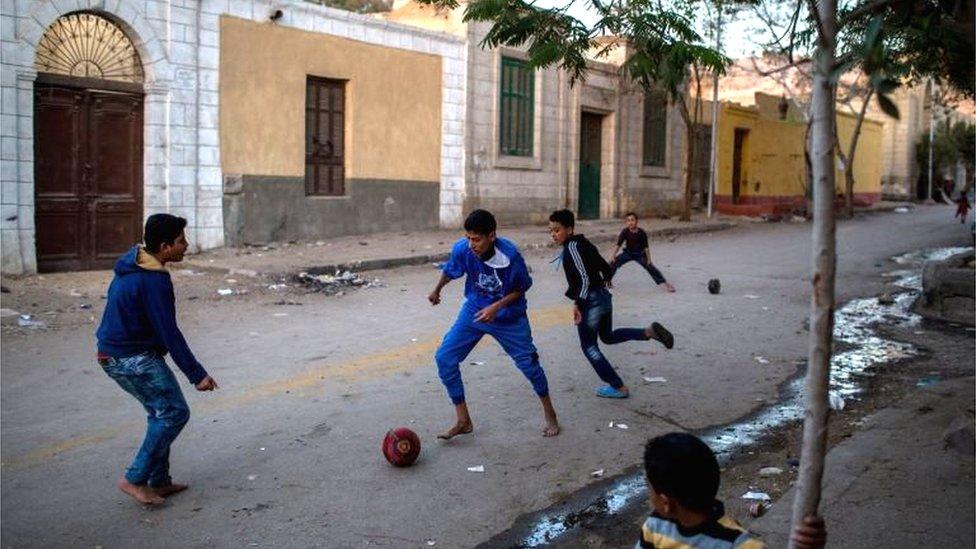
The Middle East has one of the youngest populations in the world. Around 60% are under the age of 30. Their sense of hopelessness and anger drove the uprisings of 2011.
Five years on, the grievances that sent them out on to the streets in 2011 still exist. Unemployment is still rampant. So is corruption.
Egypt has the makings of another perfect storm of repression, discontent, sectarian conflict and economic failure. Syria, Libya and Yemen are gripped by war.
Saudi Arabia's leaders have realised that buying off discontent is not a long-term strategy in a world of lower oil prices. There are ambitious plans to transform the economy but there is also the old Saudi problem, that reform is a suspicious idea because change could risk the power of the ruling family and the religious establishment.

Israelis and Palestinians
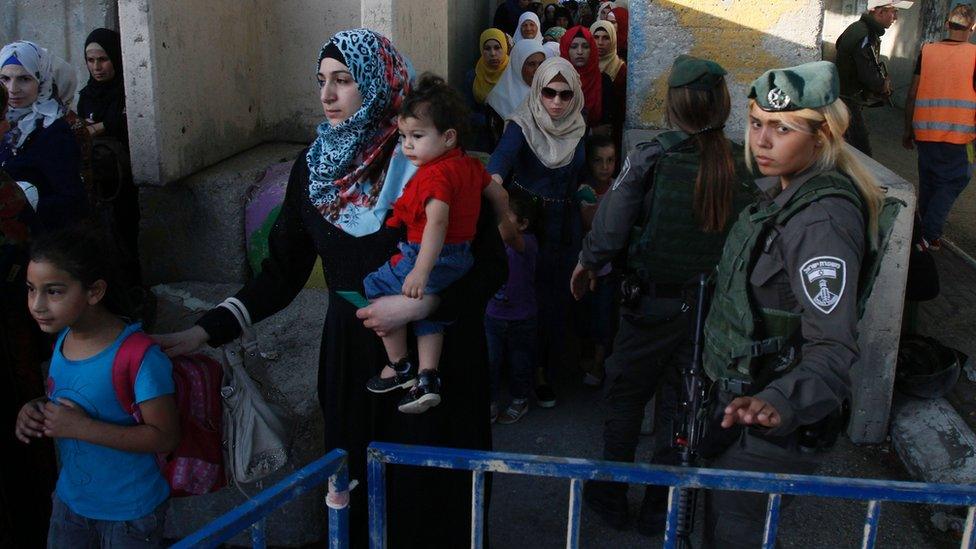
Their conflict has been largely out of the headlines, drowned out by the tumult coming from the rest of the region.
But just because it has been noticed less does not mean that it has gone away. The fundamental causes of all the mutual hatred are present and correct, festering noxiously as they have done for generations.
The conflict retains its power to cause rage in people who have never even visited Jerusalem. One Middle Eastern certainty is that it will reignite.
Update 6 January 2017: This report has been updated to include an Iraqi response to claims of high casualties among special forces in the fight for Mosul.